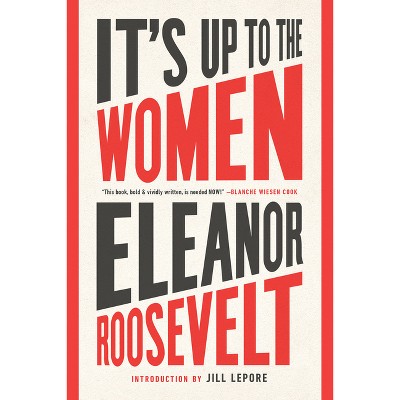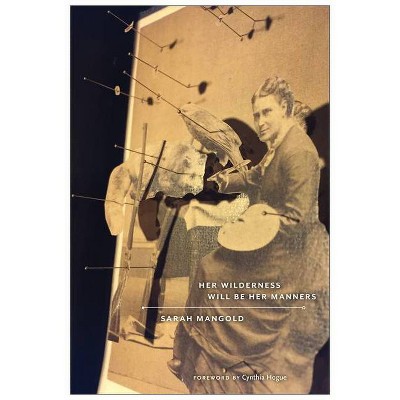Sponsored

The Purposes of Paradise - by Christine Skwiot (Paperback)
In Stock
Sponsored
About this item
Highlights
- For half a century, the United States has treated Cuba and Hawai'i as polar opposites: despised nation and beloved state.
- About the Author: Christine Skwiot is Associate Professor of History at Georgia State University.
- 296 Pages
- History, United States
Description
About the Book
The Purposes of Paradise shows how travel and tourism shaped U.S. imperialism in Cuba and Hawai'i between the 1850s, when expansionists imagined them as twin possessions, and revolution and statehood in 1959. It explores the relationships between imperial fantasies and political practices in Americans' favorite tropical isles.Book Synopsis
For half a century, the United States has treated Cuba and Hawai'i as polar opposites: despised nation and beloved state. But for more than a century before the Cuban revolution and Hawaiian statehood of 1959, Cuba and Hawai'i figured as twin objects of U.S. imperial desire and as possessions whose tropical island locales might support all manner of fantasy fulfillment--cultural, financial, and geopolitical.
Using travel and tourism as sites where the pleasures of imperialism met the politics of empire, Christine Skwiot untangles the histories of Cuba and Hawai'i as integral parts of the Union and keys to U.S. global power, as occupied territories with violent pasts, and as fantasy islands ripe with seduction and reward. Grounded in a wide array of primary materials that range from government sources and tourist industry records to promotional items and travel narratives, The Purposes of Paradise explores the ways travel and tourism shaped U.S. imperialism in Cuba and Hawai'i. More broadly, Skwiot's comparative approach underscores continuity, as well as change, in U.S. imperial thought and practice across the nineteenth and twentieth centuries and across the Atlantic and Pacific oceans. Comparing the relationships of Cuba and Hawai'i with the United States, Skwiot argues, offers a way to revisit assumptions about formal versus informal empire, territorial versus commercial imperialism, and direct versus indirect rule.
Review Quotes
"The Purposes of Paradise is a thoughtful and well written comparative analysis of the cultural politics of U.S. involvement in Cuba and Hawai'i in the nineteenth and twentieth centuries. Skwiot does a masterful job of weaving together the distinct colonial histories of Cuba and Hawai'i, revealing the places where their imperial narratives intersect and diverge to shed light on the contradictions of colonization, republican empire, state building, and revolution."-- "Marguerite Shaffer, Miami University"
"A thoroughly researched book that brings political and cultural analysis to bear on a history of United States relations with Cuba and Hawai'i. . . . Skwiot deftly weaves political history with close, historicized readings of travel narrativesto produce what is ultimately a model of interdisciplinary scholarship."-- "Hawaiian Journal of History"
"Skwiot's research is first-rate. . . . The Purposes of Paradise provides valuable insights into the uses of tourism among people struggling for power and the changing politics of island tourist industries that catered to elite U.S. pleasure-seekers."-- "Pacific Historical Review"
About the Author
Christine Skwiot is Associate Professor of History at Georgia State University.Shipping details
Return details
Trending Non-Fiction




Discover more options













